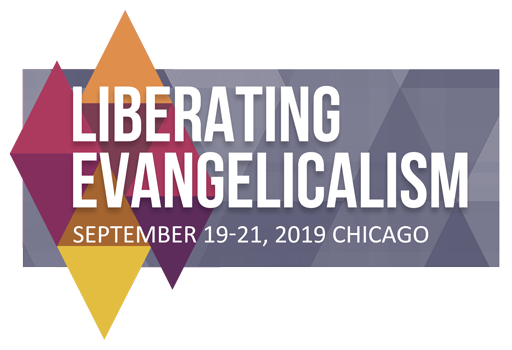Liberating Evangelicalism: De-centering Whiteness
This conference is sponsored by Evangelicals 4 Justice
Christian evangelicalism, particularly of late, has often been equated with partisan politics and the faulty assumption that all evangelicals are white. Liberating Evangelicalism seeks to challenge this assumption by creating a space for a biblically-based, people of color centered movement that is open to all who seek to build a Jesus-centered vision for social justice.
We imagine a space where people of color are at the center rather than the margins of the conversation, a place to build visions of liberation and inclusion, and a place for belonging and community-building with peoples across diverse political and theological perspectives.
By “liberating evangelicalism,” however, this conference does not presume a particular attachment to Christian evangelicalism.
Some may seek to reclaim the term “evangelical” while others, suspicious of its history and contemporary expression, intend to jettison it from their faith identity altogether. We seek to create a space that allows for diverse engagements with biblically-rooted faith traditions. In building this space, this gathering also does not presume any particular theological or political perspectives and will not be engaged in partisan politics.
In addition, while this space is united by a common devotion to projects of biblical justice and equality, we acknowledge that we do not have consensus on all topics. It is challenging to have open conversations on vitally important issues where polarizing personalities and partisan positions function as roadblocks.
By learning to be in conversation with each other in these divisive times, we hope to model the practice of Jesus who associated with all members of society in order to enable the body of Christ to learn from all perspectives, particularly those who are most socially marginalized. Thus, we adopt a centered-set instead of a bounded-set approach to theology and politics.
A centered approach focuses on our goals and what brings us together. It recognizes that while there are positions that constitute the center of our theology and practice, it does not attempt to exclude from the conversation all those who are not in the center. A bounded set by contrast, focuses on who is inside and outside the boundaries of our community.
